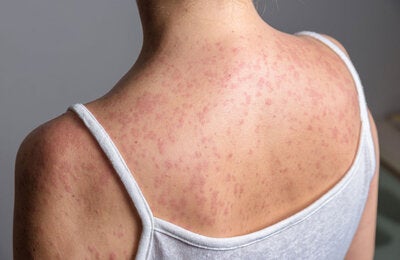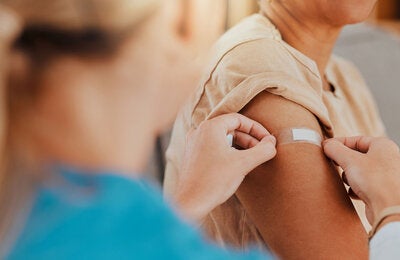Patient had history of travel to China and is recovering without hospitalization
Washington, D.C., 28 January 2015 (PAHO/WHO) — The Government of Canada has confirmed the first human case of avian influenza A(H7N9) in the Americas, a resident of British Columbia who had recently traveled to China and fell ill after returning. The patient is currently recovering and did not require hospitalization.
Canada reported the case this week to the Pan American Health Organization (PAHO), Regional Office of the Americas of the World Health Organization (WHO). PAHO/WHO considers the risk of H7N9 to Canadians and other countries of the Americas to be low.
Avian influenza A(H7N9) is a subtype of influenza A viruses that have been detected in birds in the past. The virus was first seen in people in China in March 2013. Since then, nearly 500 human cases have been reported, nearly all of them from China. Most patients have become severely ill, and to date 185 have died.
Most human cases of H7N9 have been linked to exposure to infected live poultry or contaminated environments such as live poultry markets. Evidence suggests that the virus does not transmit easily from person to person, and sustained human-to-human transmission has not been reported.
Canada reported its case of H7N9 to PAHO/WHO under the requirements of the International Health Regulations (IHR), a set of internationally agreed rules governing how countries report health events with a potential international impact. PAHO coordinates IHR reporting by countries in the Western Hemisphere.
WHO has been closely monitoring the H7N9 situation globally and conducting risk assessments about the likelihood of further human cases.
PAHO/WHO advice
PAHO/WHO advises that travelers to countries with known outbreaks of avian influenza should avoid poultry farms, contact with animals in live bird markets, and any areas where poultry may be slaughtered. They should also avoid contact with any surfaces that appear to be contaminated with feces from poultry or other animals. Travelers should also wash their hands often with soap and water and should follow good food safety and food hygiene practices.
PAHO/WHO does not advise screening at points of entry with regard to this event, nor does it currently recommend any travel or trade restrictions.
A diagnosis of infection with an avian influenza virus should be considered in individuals who develop severe acute respiratory symptoms while traveling or soon after returning from an area where avian influenza is a concern.
PAHO/WHO encourages countries to continue strengthening influenza surveillance, including surveillance for severe acute respiratory infections (SARI), and to carefully review any unusual patterns, in order to ensure reporting of human infections under the IHR and continue national health preparedness actions.



